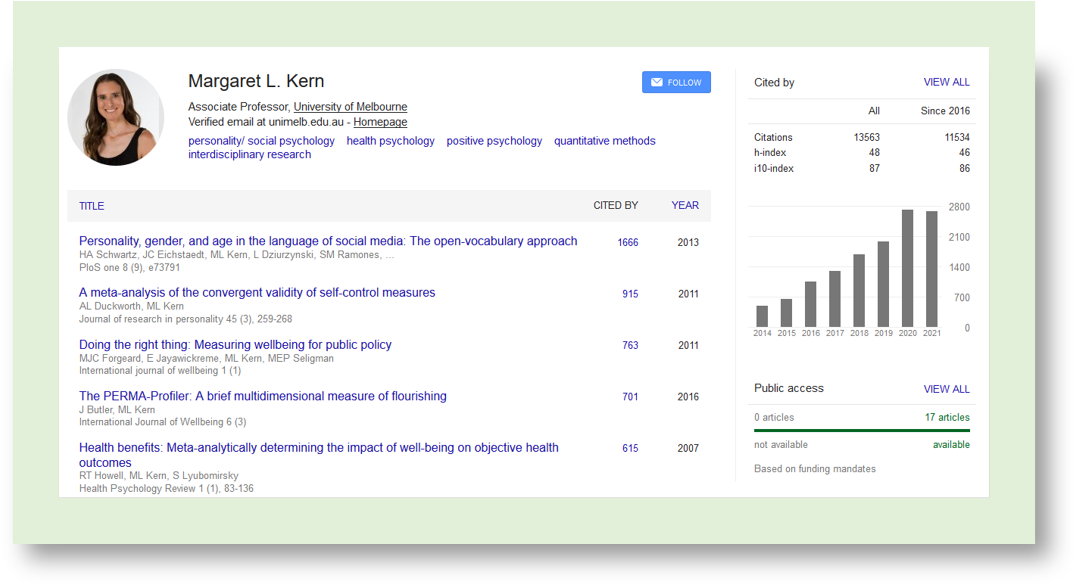Table of Contents
Introduction
In the vast landscape of academia, measuring the impact of scholarly work is paramount. Among the various metrics and indices available, the Google Scholar Citation Index stands out as a valuable tool for assessing the influence and visibility of academic publications. This comprehensive guide aims to delve into the intricacies of the Google Scholar Citation Index, offering insights into its construction, interpretation, and implications for researchers and institutions alike.
Understanding the Google Scholar Citation Index

The Google Scholar Citation Index is a freely accessible database that tracks citations of scholarly articles and provides metrics such as citation counts, h-index, and i10-index. Unlike traditional citation databases, Google Scholar casts a wider net, indexing a broader range of sources including journals, conference proceedings, theses, and preprints.
The h-index
One of the key metrics provided by the Google Scholar Citation Index is the h-index, which measures both the productivity and impact of a researcher’s work. An author has an h-index of h if they have h publications that have each been cited at least h times.
The i10-index
Another important metric is the i10-index, which reflects the number of publications by an author that have received at least 10 citations. This metric provides a snapshot of a researcher’s impact beyond their most highly cited papers.
One of the key metrics provided by the Google Scholar Citation Index is the h-index, which measures both the productivity and impact of a researcher’s work. An author has an h-index of h if they have h publications that have each been cited at least h times.
Interpreting Google Scholar Metrics

While the Google Scholar Citation Index provides valuable insights into the visibility and influence of scholarly work, it’s essential to interpret these metrics with caution. Factors such as discipline, research field, and publication type can influence citation patterns, and metrics should be considered in the context of these variables.
Comparing Across Disciplines
Different academic disciplines have distinct citation practices and publication norms, which can affect citation counts and indices. Therefore, it’s crucial to compare researchers and publications within the same field to ensure meaningful comparisons.
One of the key metrics provided by the Google Scholar Citation Index is the h-index, which measures both the productivity and impact of a researcher’s work. An author has an h-index of h if they have h publications that have each been cited at least h times.
Implications for Researchers and Institutions
For researchers, the Google Scholar Citation Index offers a valuable tool for tracking the impact of their work, identifying collaborators, and assessing the visibility of their research outputs. By monitoring citation metrics, researchers can gauge the influence of their work and identify areas for future exploration.
Similarly, institutions can use Google Scholar metrics to evaluate the research productivity and impact of faculty members, departments, and research centers. These metrics can inform tenure and promotion decisions, funding allocations, and strategic planning initiatives.
Conclusion
In conclusion, the Google Scholar Citation Index serves as a valuable resource for measuring the impact of scholarly work and assessing research visibility. By providing citation metrics such as the h-index and i10-index, Google Scholar enables researchers and institutions to track the influence of their publications and benchmark their performance against peers.
However, it’s essential to interpret Google Scholar metrics with caution and consider factors such as discipline, research field, and publication type when assessing impact. By leveraging the insights provided by the Google Scholar Citation Index, researchers and institutions can enhance their understanding of academic impact and contribute to the advancement of knowledge in their respective fields.
For More Information Please Visit These Websites Mindmeister And Arturia